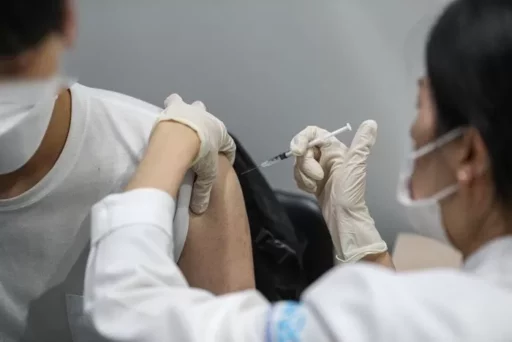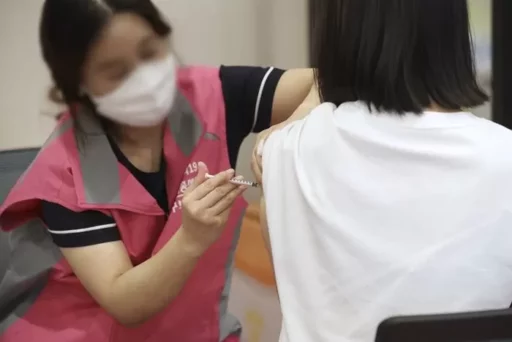Strengthening Protection of Youth Health
The government is significantly expanding the scope of vaccination support to protect the health of youth.
Starting next year, the target for free vaccination against seasonal influenza (flu) will be expanded from those under 13 years old to include youth up to 18 years old. Additionally, efforts are underway to include male youth in the support for the human papillomavirus (HPV) vaccine, which causes cervical cancer and genital warts.

On the 18th, the Korea Disease Control and Prevention Agency announced during a report to the National Assembly's Health and Welfare Committee that free flu vaccinations will be implemented for all school-age youth aged 14 to 18 starting in 2026.
Currently, free vaccinations are available only for children and adolescents aged from 6 months to 13 years, pregnant women, and seniors aged 65 and older. This expansion is expected to significantly contribute to the formation of herd immunity among youth, who serve as a major vector for the spread of influenza.
According to statistics from the Ministry of the Interior and Safety, there are approximately 2.36 million youth aged 14 to 18.
Considering the cost of vaccination per person is 30,000 KRW (implementation cost of 19,610 KRW + vaccine unit cost of 9,995 KRW), the additional budget required for this expansion is estimated to be around 70.6 billion KRW.
Strengthening the Effectiveness of Infectious Disease Prevention Policies
The primary reason for the government's expansion of the flu vaccination target is that school-age youth play a central role in the spread of the flu.
As of the 14th week of this year (March 30 to April 5), the number of flu-suspected patients per 1,000 outpatients was 56.1 for those aged 13 to 18 and 53.8 for those aged 7 to 12. However, the current free vaccination only applies to those under 13 years, leaving a significant age group with high transmission potential outside the prevention policy's coverage.

Professor Lee Jae-gap from Hallym University Gangnam Sacred Heart Hospital emphasized the need to secure herd immunity among the transmission-prone age group, stating, "In the past, outbreaks occurred during the winter break in December and January, but recently the trend has shifted to starting in November during the school term."
Free HPV vaccinations will also be expanded to include male youth.
Currently, only female youth aged 12 to 17 and low-income women aged 18 to 26 are eligible for support. However, the necessity of vaccinating males has been continuously raised since HPV can cause anal and head-and-neck cancers in men and can be transmitted through sexual contact.
Notably, among OECD member countries, South Korea, Japan, and Turkey are the only nations that provide HPV vaccines solely to females. This measure aligns with international standards and aims to address gender disparities.
The National Assembly's Welfare Committee approved an increase of 27.8 billion KRW in its budget review last August to expand HPV vaccinations for males, but the proposal ultimately did not pass in the final session. The government's recent decision is expected to advance the long-awaited youth health protection policy.
Image source: Materials for understanding the article / News1


